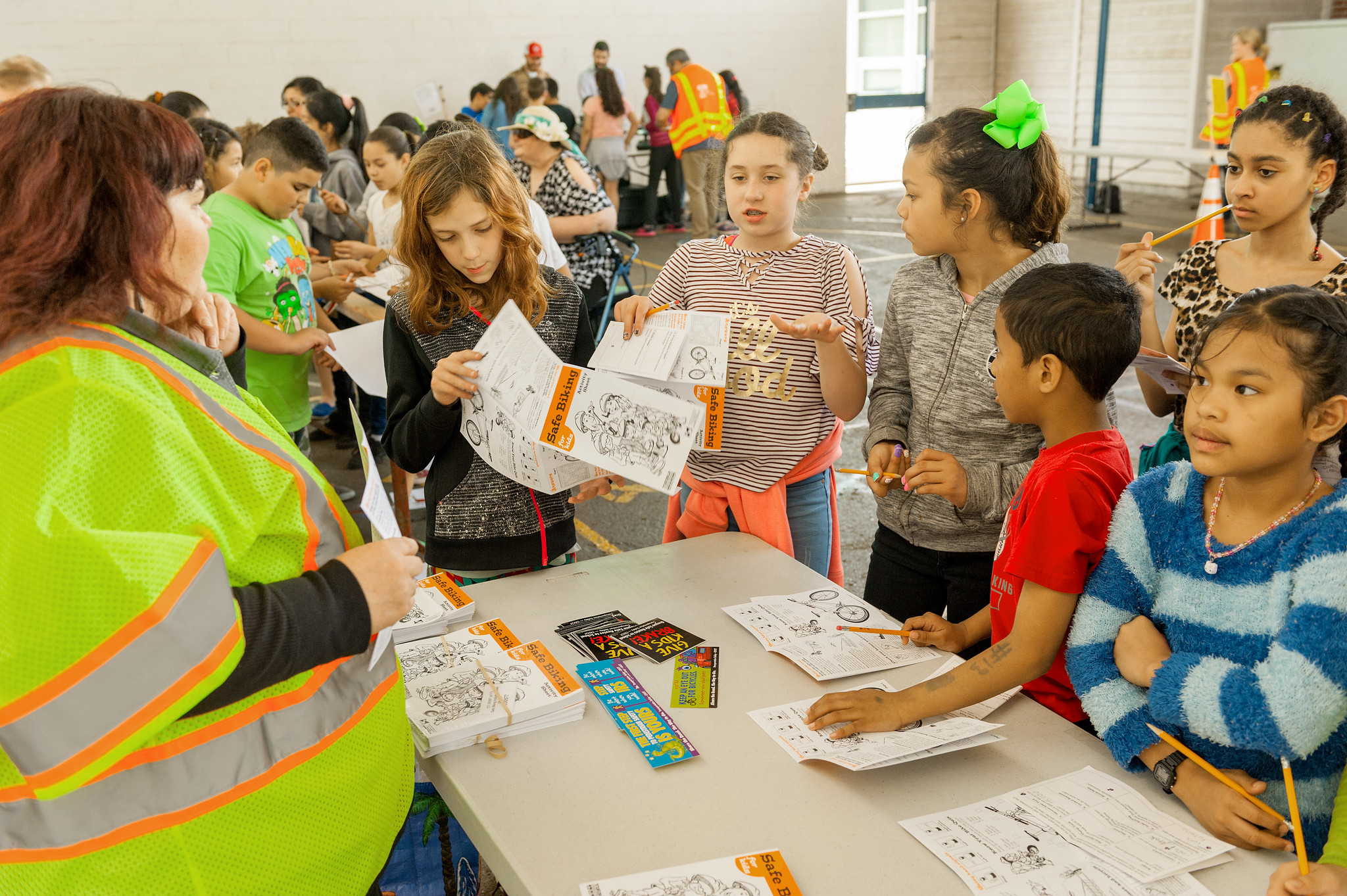Professional knowledge is messy and encompasses a range of categories (Markauskaite and Goodyear, 2014). Furlong and Whitty (2017: 13) identify three categories of “knowledge traditions” for educators which can arguably be applied to teacher education – academic, integrative, and practical.…
Author: Nicola Jones
Informing thinking of teacher educators using value dilemmas of primary school teachers.
Educational researchers Berlak and Berlak (2012) introduce us to language that can be used to talk about a variety of value judgements that primary school teachers make which underpin their day-to-day practice. In this post the use of this language…
STEM outreach – Is enthusiasm, expertise or collaboration key?
When the president of the Engineers Without Borders student society at the University of Glasgow approached the School of Education to support them in developing a resource for a STEM outreach project in local secondary schools, a new collaboration was…
Is our current framework for thinking skills helping our pre-service teachers BLOOM or should we consider going SOLO?
Almost anyone involved with the curriculum for excellence (CfE) in Scotland will be familiar with the framework of Bloom’s taxonomy of the cognitive domain. Building the curriculum 4 ‘Developing skills for learning, skills for life and skills for work’ back…
Are engineers better placed to learn to become physics teachers than physicists?
To be successful in initial teacher education courses all students will need to adapt to the teaching approaches, feedback mechanisms and assessment practices of the discipline of education which are likely very different from those that they are used to…


